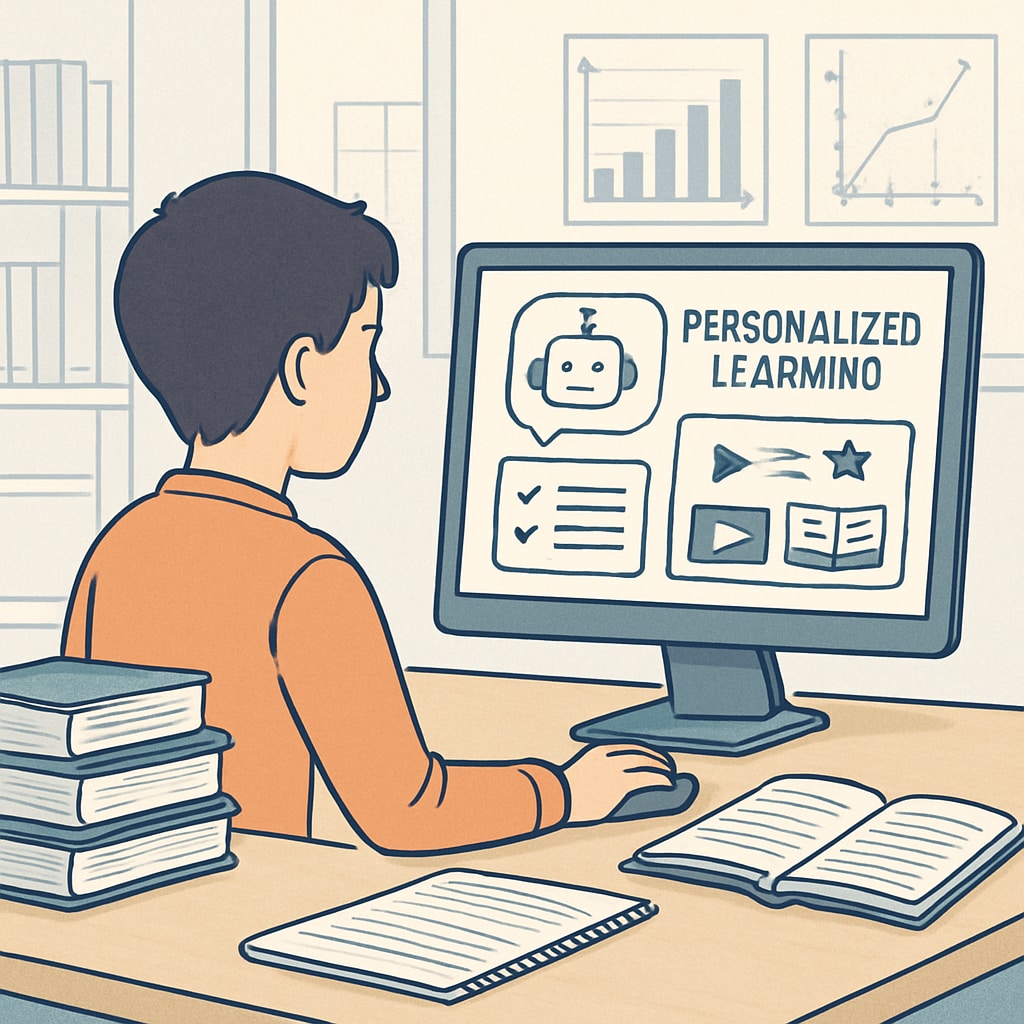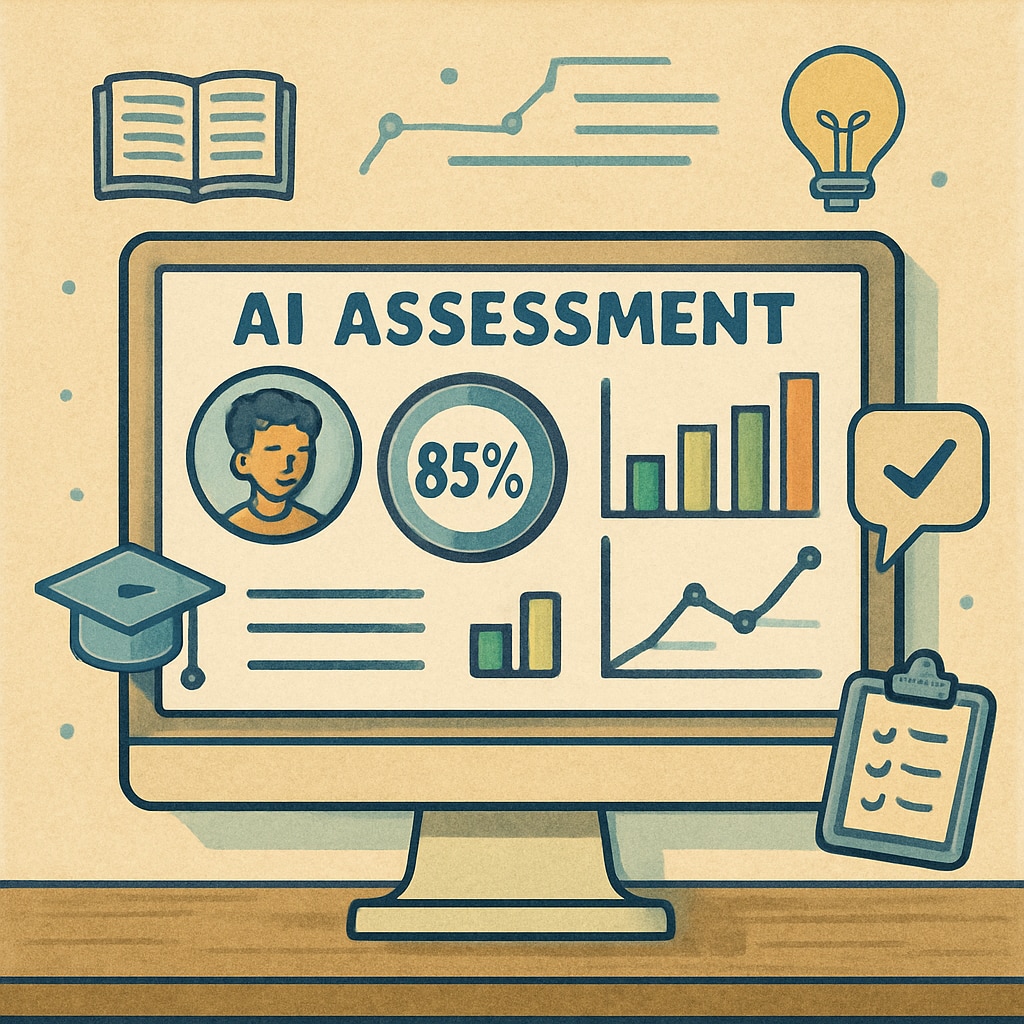Artificial intelligence, education, future predictions are becoming key topics of discussion as we look at the next 5-10 years of K12 education. AI is rapidly transforming the way students learn, teachers teach, and schools operate. This article will explore the major ways artificial intelligence is poised to reshape the K12 education system, from personalized learning experiences to intelligent assessments and resource distribution strategies.
Personalized Learning: Tailoring Education to Individual Needs
One of the most significant impacts of AI in education is the ability to deliver personalized learning experiences. AI-powered platforms analyze student performance data to understand each learner’s strengths, weaknesses, and preferred learning styles. As a result, educators can provide tailored instructional materials and adaptive lesson plans. For example, tools like Khan Academy already use AI algorithms to guide learners through customized learning paths.

With AI, students who struggle in certain areas can receive targeted interventions while advanced learners can explore more challenging content. This approach ensures that every student progresses at their own pace, optimizing learning outcomes and reducing the achievement gap.
Revolutionizing Assessments with Intelligent Feedback Systems
AI is also transforming the way assessments are conducted and analyzed. Intelligent feedback systems powered by machine learning can evaluate students’ work more accurately and quickly than traditional methods. For example, AI can use natural language processing (NLP) to assess essays and written responses, providing constructive feedback to improve writing skills.
In addition, AI-driven assessments can identify patterns in student performance, offering insights into areas that require more focus. Teachers can leverage these insights to adjust their teaching strategies, ensuring a more effective and targeted approach to education.

Shifting Teacher Roles: From Instructors to Facilitators
As AI takes over repetitive administrative tasks, such as grading and attendance tracking, teachers can focus more on their core responsibilities—facilitating learning and mentoring students. AI tools act as assistants, enabling educators to dedicate more time to fostering creativity, critical thinking, and emotional intelligence among their students.
Moreover, AI-powered platforms can simulate real-world scenarios, allowing students to engage in problem-solving activities that develop practical skills. For example, virtual labs and simulations create immersive learning experiences that enrich traditional classroom teaching.
Redistributing Educational Resources: Bridging the Gap
AI has the potential to address inequities in education by redistributing resources more effectively. Schools in underserved communities can gain access to AI-driven tools that provide high-quality learning materials and virtual tutoring services. This democratization of education ensures that all students, regardless of their socioeconomic background, have access to similar opportunities.
Additionally, AI can help optimize resource allocation within schools. By analyzing data on student performance, attendance, and engagement, administrators can identify areas that require additional support and direct resources accordingly.
Embracing the Future of AI in K12 Education
As AI continues to evolve, educators, policymakers, and stakeholders must address challenges such as ethical considerations, data privacy, and the digital divide. Collaborative efforts are essential to ensure that AI enhances education equitably and sustainably. By embracing these advancements, we can create a future where every student has access to a tailored, engaging, and empowering learning experience.
Artificial intelligence is no longer a distant concept in education—it is the driving force behind a transformative era. By understanding its potential and proactively adopting AI-driven solutions, the next decade of K12 education will be nothing short of revolutionary.


